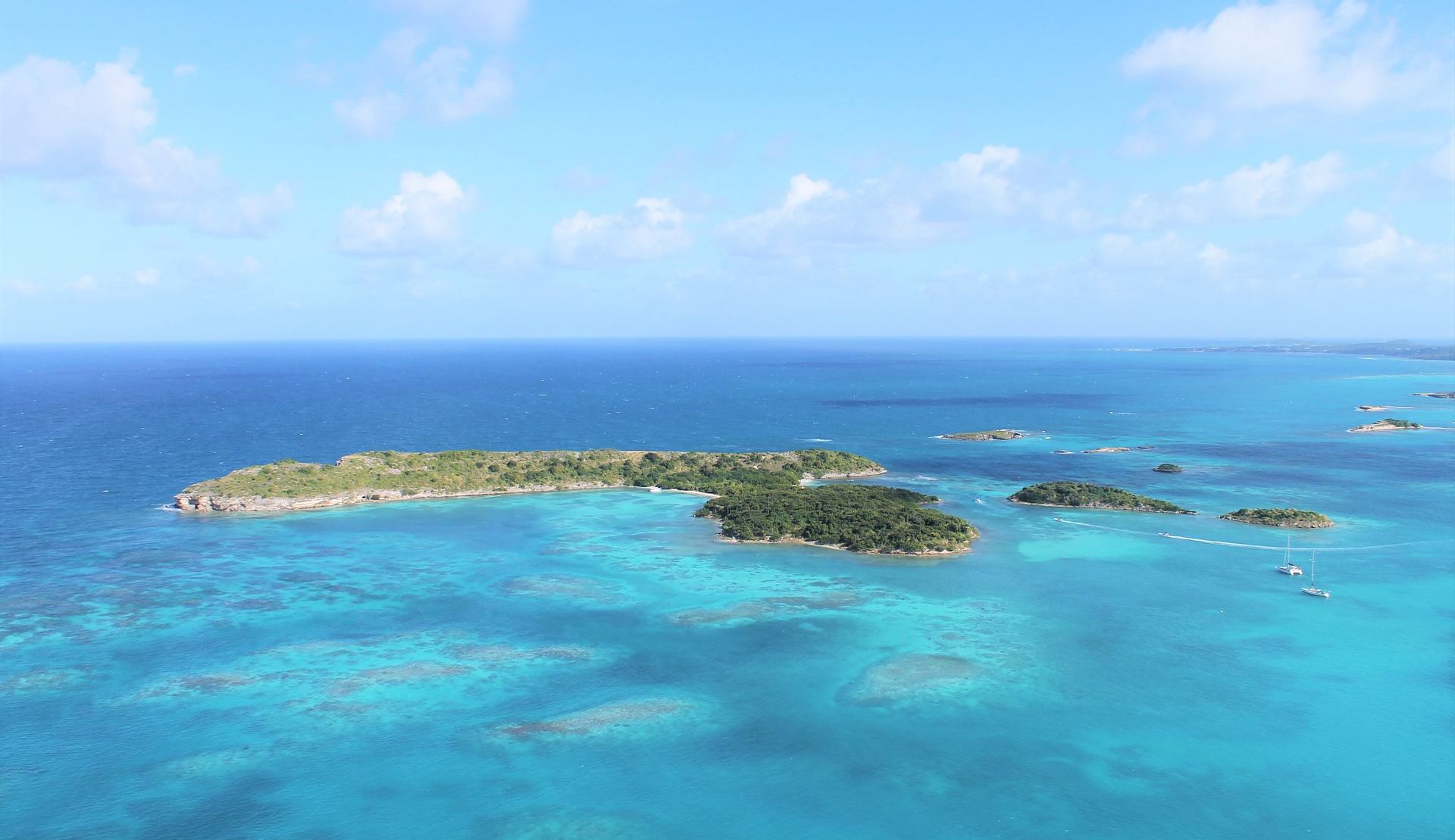Caribbean Countries among those benefitting from UN SDG Financing
Media Release Courtesy UN Barbados and the Eastern Caribbean
Bridgetown, Barbados – As Eastern Caribbean countries strive to build back better from COVID-19 and accelerate progress toward attainment of the Sustainable Development Goals (SDGs), support is being provided as part of a historic United Nations Joint SDG Fund US$60 million grant launched to close the SDG financing gap and foster more inclusive, sustainable and resilient countries across the world.
In response to a global call, United Nations Barbados and the Eastern Caribbean, in collaboration with the governments of Barbados, Grenada and Saint Vincent and the Grenadines, has been awarded a USD$1 million Joint SDG Fund Grant after successfully submitting a proposal for a joint programme entitled ‘Harnessing Blue Economy Finance for SIDS Recovery and Sustainable Development’.
The initiative will support the efforts of the three participating Eastern Caribbean governments to develop financing strategies in the Blue Economy and create an enabling framework for SDG investment. The successful proposal was among 62 joint programmes selected from 258 submissions supporting interventions in over 100 countries.
The two-year USD$1,140,000 Joint Programme will be led by the United National Development Programme (UNDP), with participation from the Food and Agriculture Organization (FAO) and the United Nations Environment Programme (UNEP). It will also benefit from counterpart funding of USD$140,000 from the three participating UN agencies.
The joint UN SDG Fund is a critical facet of the ongoing global UN reform, which enables the UN Sub-regional team in Barbados and the Eastern Caribbean to access funding for SDG acceleration support to countries, working under the leadership of the Resident Coordinator, by leveraging the individual strengths of specialized funds, agencies and programmes, to ‘deliver results as one’ and ensure that no one is left behind.
In welcoming the new joint initiative, that exemplifies the UN’s approach to ‘deliver as one’, UN Resident Coordinator, Didier Trebucq noted:
“This presents another opportunity for the UN development system working cohesively, to deepen its partnerships with Governments of the Eastern Caribbean and to foster blue economic growth through innovative financing mechanisms, while ensuring that the SDGs are at the forefront of national policy and no one is left behind.”
With the Blue Economy engaged as a driver for regional economic recovery and development, emphasis will be placed on creating an enabling environment for Blue Economy financing by identifying policy gaps, key opportunities and specific financing mechanisms for achieving resilient growth. This catalytic investment will address the current financial challenges of the beneficiary countries, including the additional financial burden arising from the COVID-19 pandemic, and build on existing partnerships with the private sector and development financing institutions, as well as existing UN projects on Blue Economy and other SDG-related areas in-country.
Speaking on the significance of the initiative, UNDP Resident Representative Magdy Martinez-Soliman stated:
“The COVID-19 crisis has affected the Caribbean’s ambitions to achieve the UN Sustainable Development Goals. It has drained away resources that were much needed to finance the SDGs. This Joint Programme will support Barbados, Grenada and Saint Vincent and the Grenadines, in their efforts to develop financing strategies in the Blue Economy and SDG investments. The three countries are at the vanguard of the Blue Economy “wave” in the region.”
The UN investments in 62 Joint Programmes around the world will offer pragmatic solutions, all assessed as relevant in the context of the COVID-19 crisis: from addressing reduced fiscal space to align with the SDGs amidst COVID-19 recovery and financial planning to co-creating a new generation of risk-sensitive and responsive Integrated National Financing Frameworks. The results of the investment in SDG financing interventions will begin to materialize in the first quarter of 2021, and a second component is expected to be launched by the Joint SDG Fund soon that would allow other countries to benefit.
Learn more: SDG Financing portfolio.


